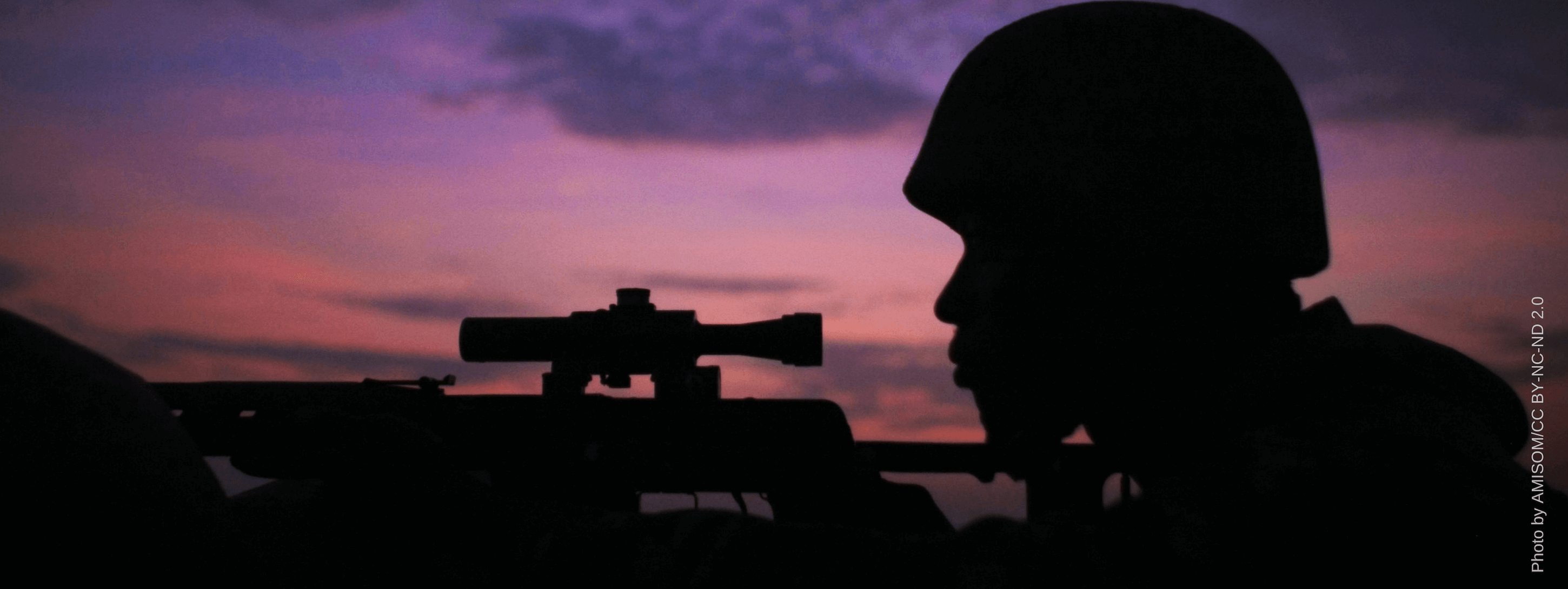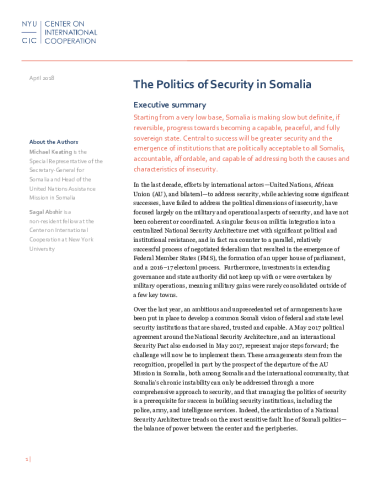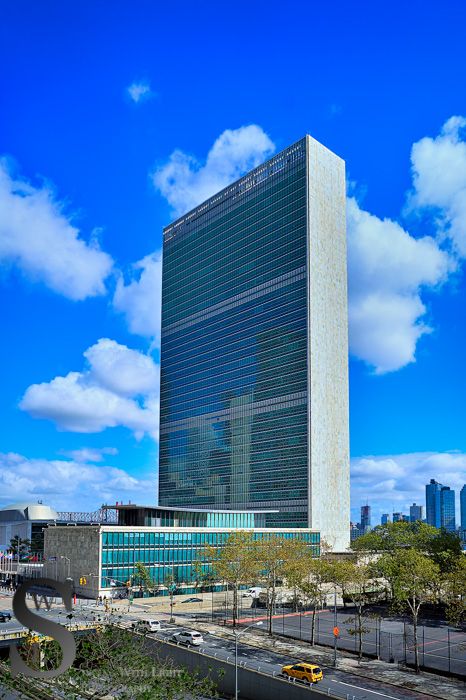
Executive summary
Starting from a very low base, Somalia is making slow but definite, if reversible, progress towards becoming a capable, peaceful, and fully sovereign state. Central to success will be greater security and the emergence of institutions that are politically acceptable to all Somalis, accountable, affordable, and capable of addressing both the causes and characteristics of insecurity.
In the last decade, efforts by international actors—United Nations, African Union (AU), and bilateral—to address security, while achieving some significant successes, have failed to address the political dimensions of insecurity, have focused largely on the military and operational aspects of security, and have not been coherent or coordinated. A singular focus on militia integration into a centralized National Security Architecture met with significant political and institutional resistance, and in fact ran counter to a parallel, relatively successful process of negotiated federalism that resulted in the emergence of Federal Member States (FMS), the formation of an upper house of parliament, and a 2016–17 electoral process. Furthermore, investments in extending governance and state authority did not keep up with or were overtaken by military operations, meaning military gains were rarely consolidated outside of a few key towns.
Over the last year, an ambitious and unprecedented set of arrangements have been put in place to develop a common Somali vision of federal and state level security institutions that are shared, trusted and capable. A May 2017 political agreement around the National Security Architecture, and an international Security Pact also endorsed in May 2017, represent major steps forward; the challenge will now be to implement them. These arrangements stem from the recognition, propelled in part by the prospect of the departure of the AU Mission in Somalia, both among Somalis and the international community, that Somalia’s chronic instability can only be addressed through a more comprehensive approach to security, and that managing the politics of security is a prerequisite for success in building security institutions, including the police, army, and intelligence services. Indeed, the articulation of a National Security Architecture treads on the most sensitive fault line of Somali politics—the balance of power between the center and the peripheries.
Obstacles to be overcome include domestic Somali opposition particularly from those groups whose patronage and power will be negatively affected; an ongoing fractious political landscape with competition between the Federal Government of Somalia (FGS) and emerging and existing FMS whereby the FGS insists that partners (both troop contributing countries as well as security donors) align their support to nationally agreed priorities and plans; urgent security timelines that deny real space and time for Somali politico-security negotiations; the dilemma emanating from restructuring security forces while actively fighting a war; and international approaches to security driven by domestic/homeland (rather than Somali) security priorities or by imperatives relating to other agendas and rivalries in the region.
Success in strengthening nationally owned security institutions would benefit from progress in conflict resolution and reconciliation and in reviewing the provisional constitution not least to stabilize relationships between the FGS and FMS, upon which implementing a national security strategy will depend. Attention to issues of injustice, impunity, and corruption are also important as part of a political approach to security that goes beyond purely technical interventions. Here, the Sustainable Development Goals (SDGs)—in particular SDG16 on peaceful, just, and inclusive societies—offer concrete guideposts around which action could coalesce. Given the pervasive threat posed by violent extremists to all Somalis, prioritizing the politics of security could help drive a broader statebuilding agenda, including to generate revenues and build trust between FGS and FMS. The unanswered question is whether Somali leaders are able to manage the many conflicting pressures upon them and converge around a common security agenda which by necessity will involve a degree of resource and power sharing. This is a necessary basis for addressing a related challenge, namely a more coherent and aligned approach by international actors, both troop contributing countries and donors.
Download the full briefing here
About the authors
Michael Keating is the Special Representative of the Secretary-General for Somalia and Head of the United Nations Assistance Mission in Somalia.
Sagal Abshir is a Non-Resident Fellow at the Center on International Cooperation at New York University.



